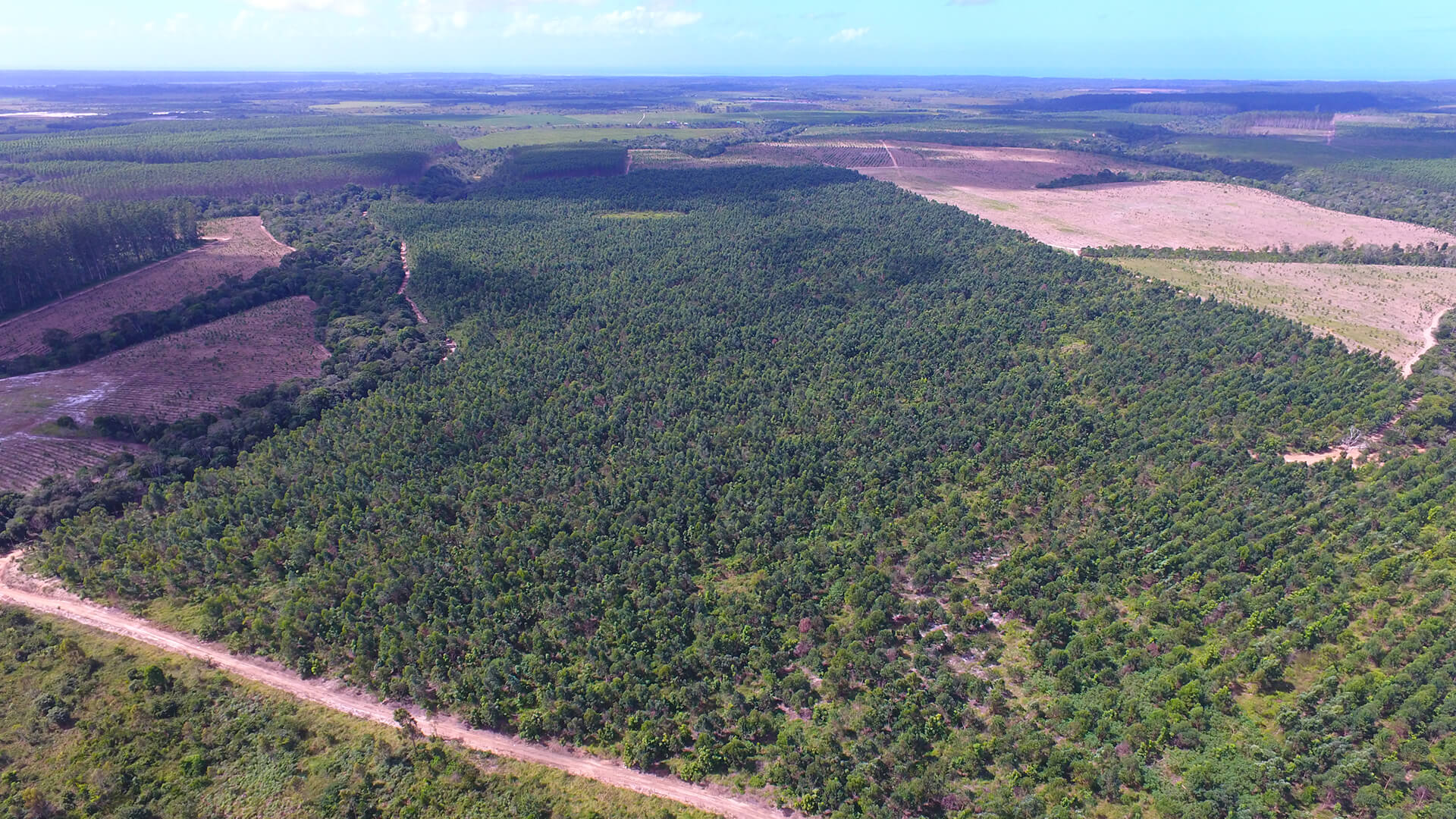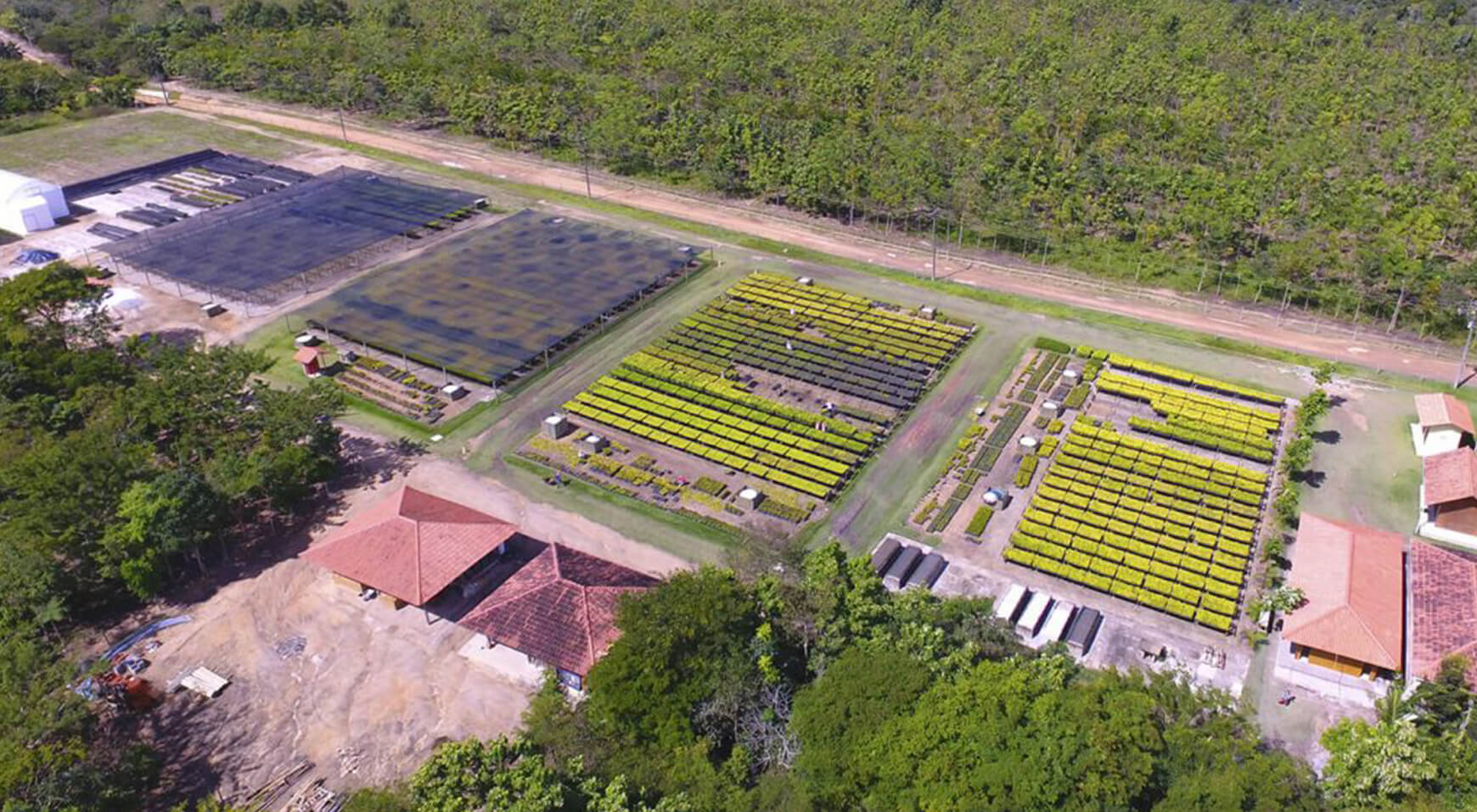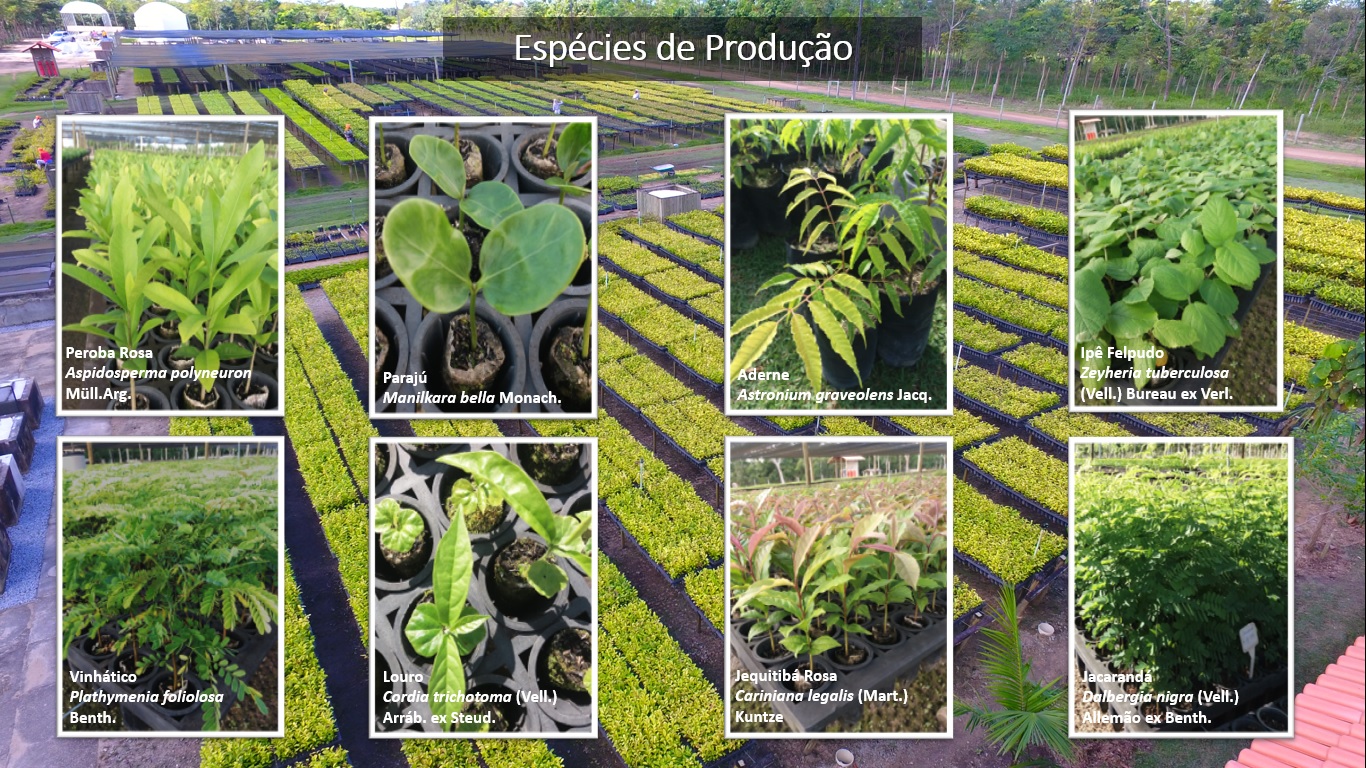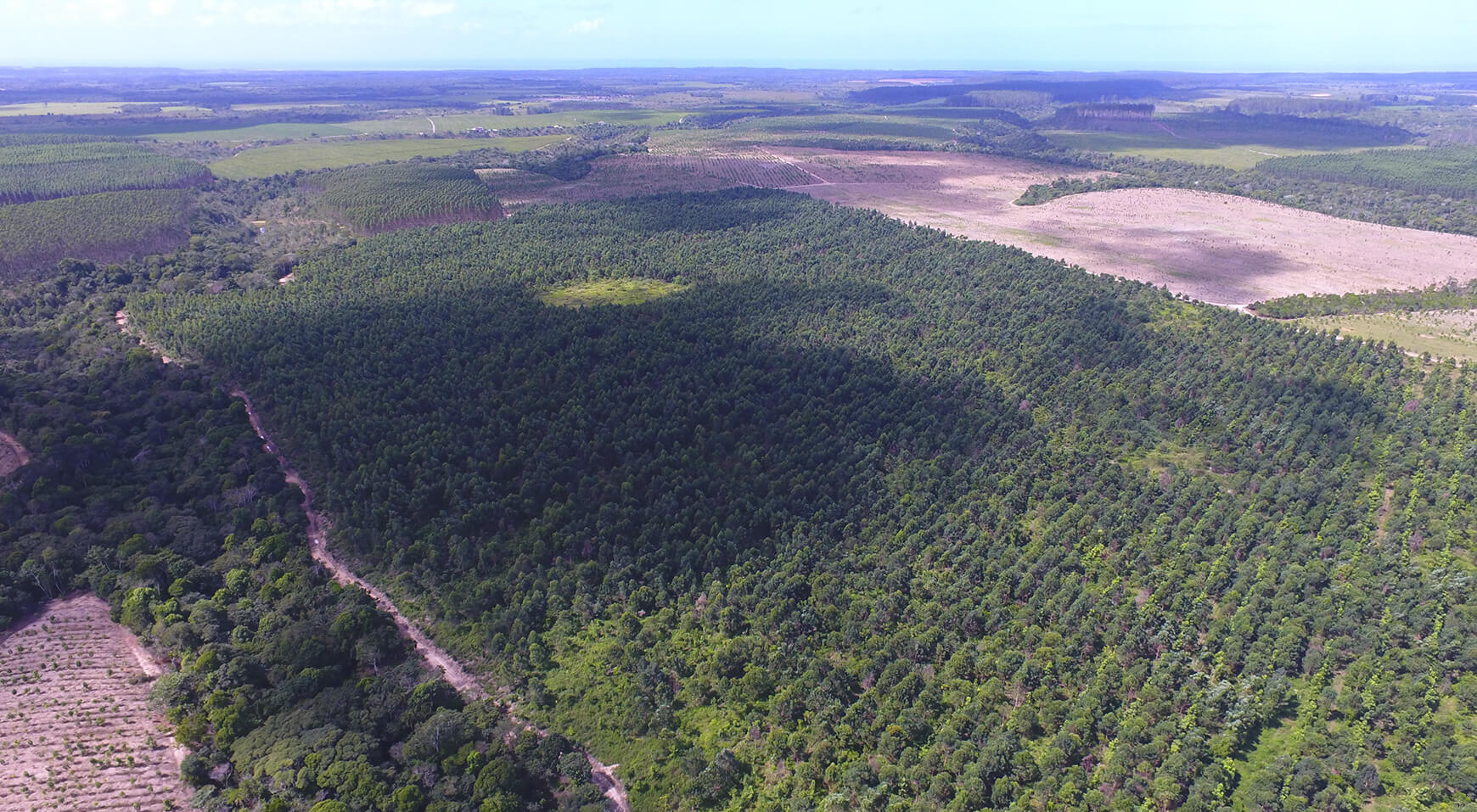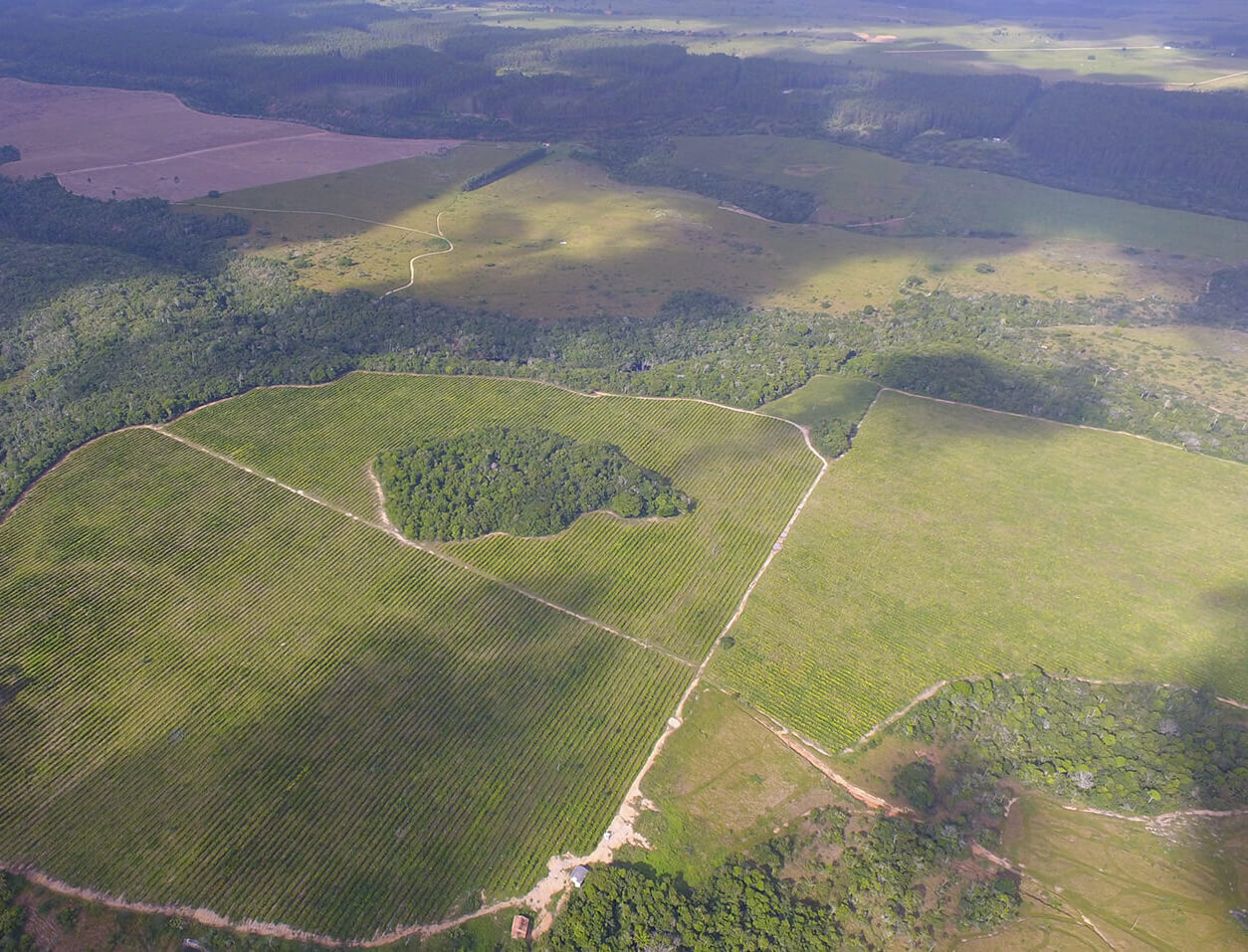
Symbiosis Investimentos e Participações S.A.
» ADDRESS
Parque Coqueiro Alto 2900 / 2810 / 2950 –
Rural Trancoso Porto Seguro / BA
Cep: 45810-000
» Phone Numbers:
+55 73 3281 6101 | +55 73 3261 9806 (Trancoso-BA)
» E-mail:
adm@symbiosis.com.br
» ADDRESS
Parque Coqueiro Alto 2900 / 2810 / 2950 – Rural Trancoso Porto Seguro / BA
Cep: 45810-000
» Phone Numbers:
+55 73 3281 6101 | +55 73 3261 9806 (Trancoso-BA)
» E-mail:
adm@symbiosis.com.br
» ADDRESS
Parque Coqueiro Alto 2900 / 2810 / 2950 –
Rural Trancoso Porto Seguro / BA
Cep: 45810-000
» Phone Numbers:
+55 73 3281 6101 | +55 73 3261 9806 (Trancoso-BA)
» E-mail:
adm@symbiosis.com.br
» ADDRESS
Parque Coqueiro Alto 2900 / 2810 / 2950 – Rural Trancoso Porto Seguro / BA
Cep: 45810-000
» Phone Numbers:
+55 73 3281 6101 | +55 73 3261 9806 (Trancoso-BA)
» E-mail:
adm@symbiosis.com.br



